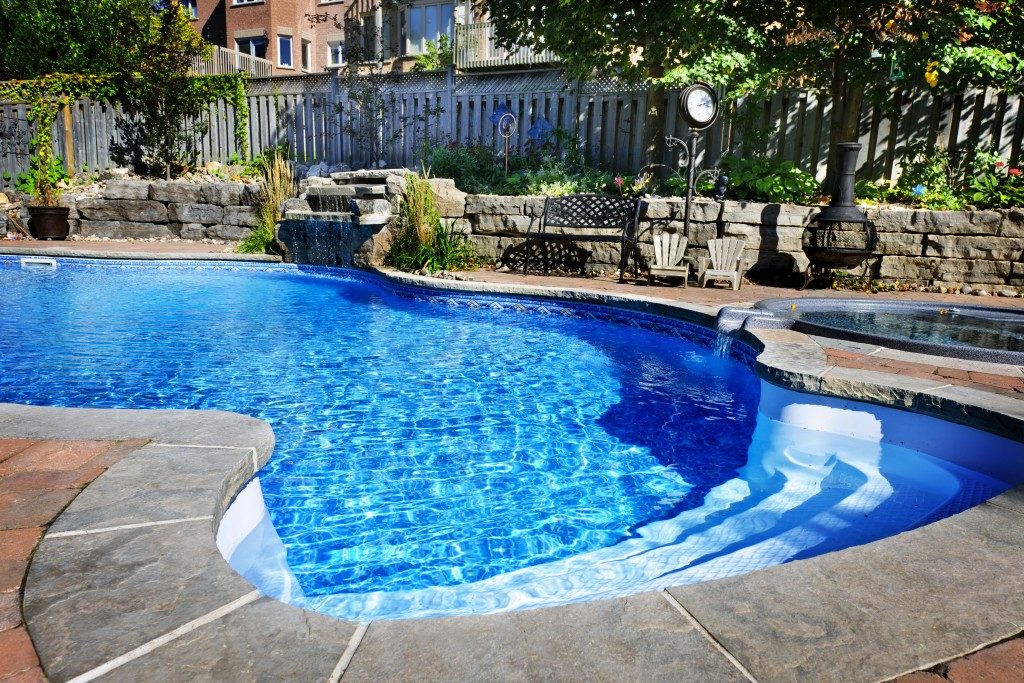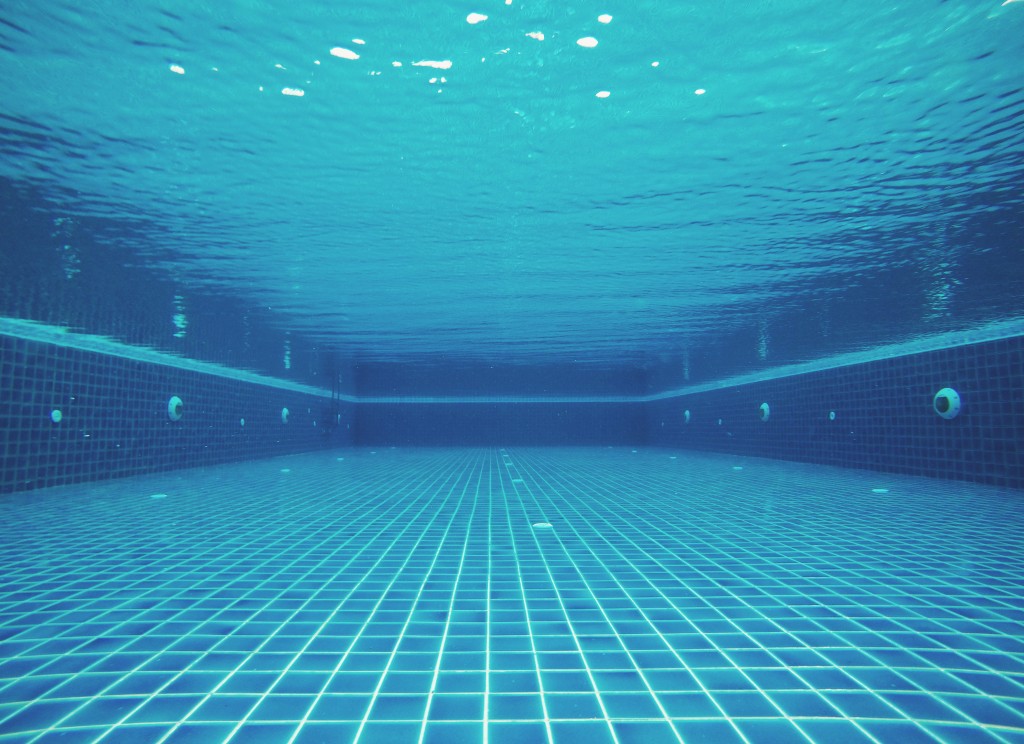Having a pool in your home isn’t all fun. Sure, you can take a dip whenever you want, get regular exercise through swimming, enjoy pool parties on weekends, and even increase the value of your home. But there’s one drawback to having a private pool you shouldn’t forget: the risk of drowning accidents.
From 2005 to 2014, there was an average of 3,536 fatal non-boating, unintentional drowning incidents each year in the United States. That’s the latest available data from the Centers for Disease Control and Prevention (CDC), which also mentioned a lack of barriers and supervision in private pools as risk factors.
Before you decide to install a pool in your backyard, here are the things you need to know to avoid drowning-related injuries or worse, fatalities in your home:
Premises Liability
Under the premises’ liability, pool owners may be held liable in the wake of an accidental drowning if:
- The injured party was invited or allowed on the premises
- The pool owner failed to install barricades and security features, as well as maintain the pool
Say, you invited your friends and their kids to a pool party in your newly renovated LA home. You hadn’t installed fences or locked gates around the swimming pool. Still, you told your friends to bring their kids. One of your friends told their child not to go anywhere near the pool while they check something inside the house, but the kid sneakily went to the pool — with fatal results.
Under the law, swimming pools are considered an attractive nuisance as it attracts young children who don’t recognize the drowning danger of the fixture. In the scenario above, you could be held liable for personal injury or even wrongful death as you failed to make the premises safe for unsuspecting kids.
But what if the scenario is different and you didn’t invite the kids? They just happened to sneak into your backyard, got attracted to your pool, went on swimming without supervision, and drowned.
Negligence and Willful Misconduct

Any person who doesn’t have permission to be on the property is a trespasser. As a pool owner, you don’t owe a duty of care to trespassers, except in some cases involving children. If you failed to keep your pool reasonably safe and secure from trespassing children, you could be held accountable for any drowning-related injury or death due to negligence and willful misconduct.
Almost any incident that results in death due to someone else’s negligence could be a ground for a wrongful death claim, says an attorney in Los Angeles. You could be sued and might have to pay thousands of dollars as compensation for the family who has lost their loved one in your premises.
How to Prevent Drowning Accidents in Your Private Pool
To avoid hefty legal fees and more importantly, injury or death in your premises, CDC shares a few ways to prevent drowning incidents:
- Once the pool is done, install a fence that separates the pool area from your house. The fence must be at least four feet high, so it can prevent kids from entering the pool area unsupervised.
- Put up self-locking gates that open outward and with latches that are out of reach of children.
- Consider placing alarms to prevent access or alert you if someone enters your home’s pool area.
- Clear the pool of floats, balls, and other toys after use. This way, children won’t be tempted to get into the pool unsupervised.
- Always remind guests about the risks of the pool.
You can never predict when drowning accidents may occur. But with safety precautions, you can have peace of mind that you’ve done your part to make your pool area safe and secure for everyone.

